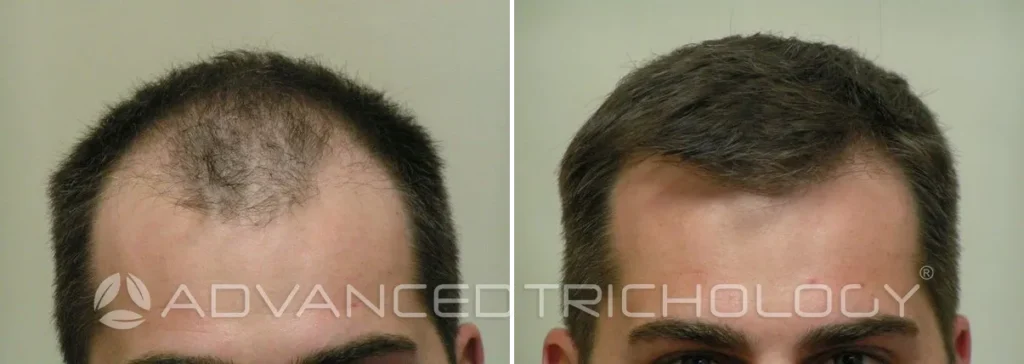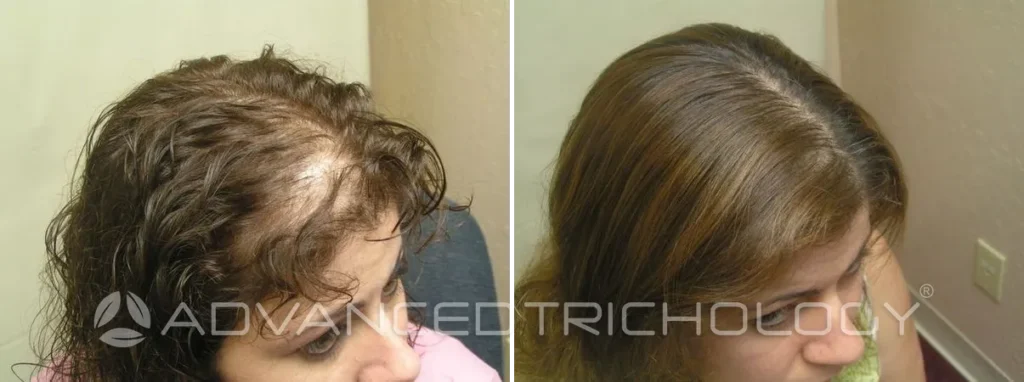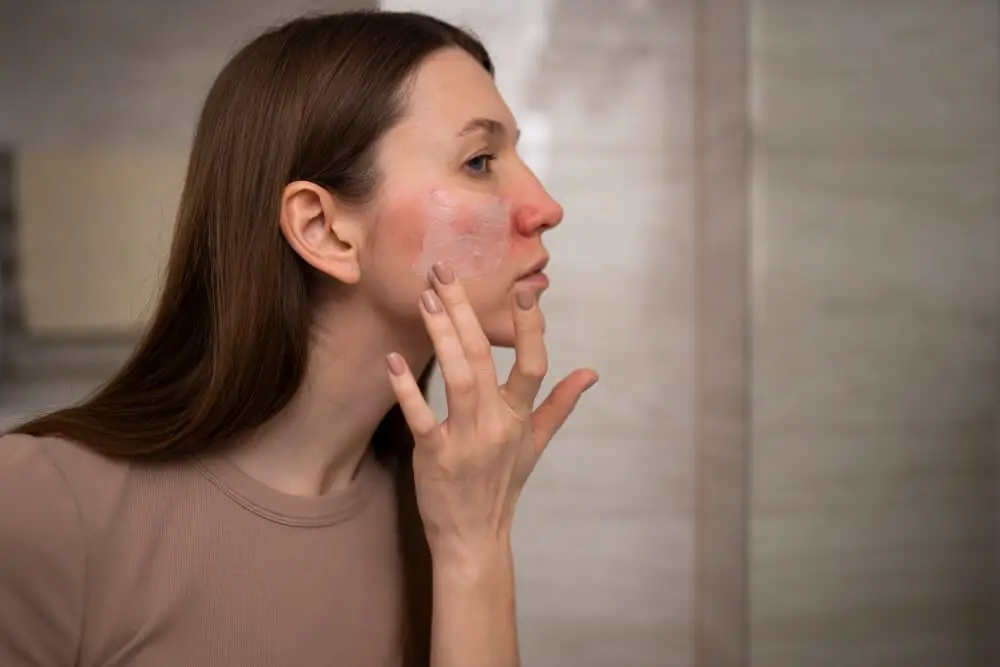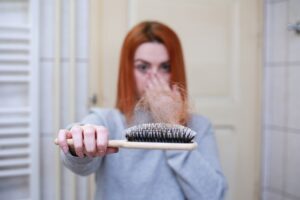Introduction
Hair loss is a concern that affects many individuals, leading them to explore various factors that could potentially contribute to this issue. Among these factors, questions arise about the role of Benzoyl Peroxide, a common ingredient in acne treatments, and its association with hair loss. In this article, we will delve into the topic of whether Benzoyl Peroxide can indeed cause hair loss and shed light on the truth behind this concern.
Effortless Hair Loss Prevention and Growth!
If you’re committed to preventing hair loss and promoting natural hair growth, look no further than Advanced Trichology. With a proven track record and a wide range of high-quality hair growth products suitable for both men and women, Advanced Trichology is a trusted name in the field. As an affiliate, I’ve had the privilege of witnessing the remarkable results their products can deliver. By using my unique affiliate link, you can access exclusive discounts on Advanced Trichology products through their website. It’s the perfect opportunity to take control of your hair’s health and vitality. Don’t let hair loss hold you back; start your journey towards healthier, fuller hair today!


Understanding Benzoyl Peroxide
Benzoyl Peroxide is a widely used ingredient in over-the-counter and prescription acne treatments. It is known for its effectiveness in combating acne by reducing the population of acne-causing bacteria and promoting the drying and peeling of the skin.
The Myth of Benzoyl Peroxide and Hair Loss
One common misconception is that frequent and heavy application of Benzoyl Peroxide on a specific area of the skin can lead to hair loss. This myth likely stems from concerns about the potential inflammation of hair follicles if the product is used improperly.
Exploring the Science Behind It
To address this concern, it’s crucial to understand the science behind Benzoyl Peroxide’s mechanism of action. When applied topically, it primarily affects the skin and hair follicles, targeting acne-causing bacteria. While it can lead to dryness, erythema, and scaling at higher concentrations, there is no direct evidence linking it to hair loss.
How to Use Benzoyl Peroxide Safely
To use Benzoyl Peroxide safely and minimize any potential side effects, it’s important to follow the recommended guidelines. This includes:
- Applying it as directed by a healthcare professional.
- Avoiding excessive use, which can lead to skin irritation.
- Preventing contact with eyes, nose, mouth, and broken skin.
- Being cautious with fabrics and hair, as Benzoyl Peroxide may bleach them.
Alternative Treatments for Acne
For those concerned about using Benzoyl Peroxide, there are alternative treatments available. These may include retinol, microneedling, salicylic acid, AHA (Alpha Hydroxy Acid), azelaic acid, and tea tree oil. Consulting with a dermatologist can help determine the most suitable treatment for individual skin types and conditions.
Conclusion: Debunking the Hair Loss Myth
In conclusion, the myth that Benzoyl Peroxide causes hair loss lacks scientific substantiation. While this ingredient can have side effects such as dryness and irritation, it is not directly linked to hair loss when used as recommended. To ensure safety and effectiveness, it’s essential to consult with a healthcare professional before starting any acne treatment.
Disclaimer: The information provided in this article is for informational purposes only and should not be considered as medical advice. Always consult with a qualified healthcare professional before making any decisions regarding your health or treatments. For more information, please read our Medical Disclaimer.
Frequently Asked Questions:
No, there is no direct evidence linking Benzoyl Peroxide to hair loss when used as recommended for acne treatment.
The association likely arises from concerns about potential inflammation of hair follicles if the product is misused or applied excessively.
Yes, it’s crucial to follow the recommended guidelines, including using it as directed, avoiding excessive application, and preventing contact with eyes, nose, mouth, and broken skin.
Alternative treatments include retinol, microneedling, salicylic acid, AHA, azelaic acid, and tea tree oil. Seeking advice from a dermatologist is instrumental in identifying the optimal course of action.
Yes, Benzoyl Peroxide may bleach hair and fabrics, so it’s essential to be cautious and avoid contact with them during application.




